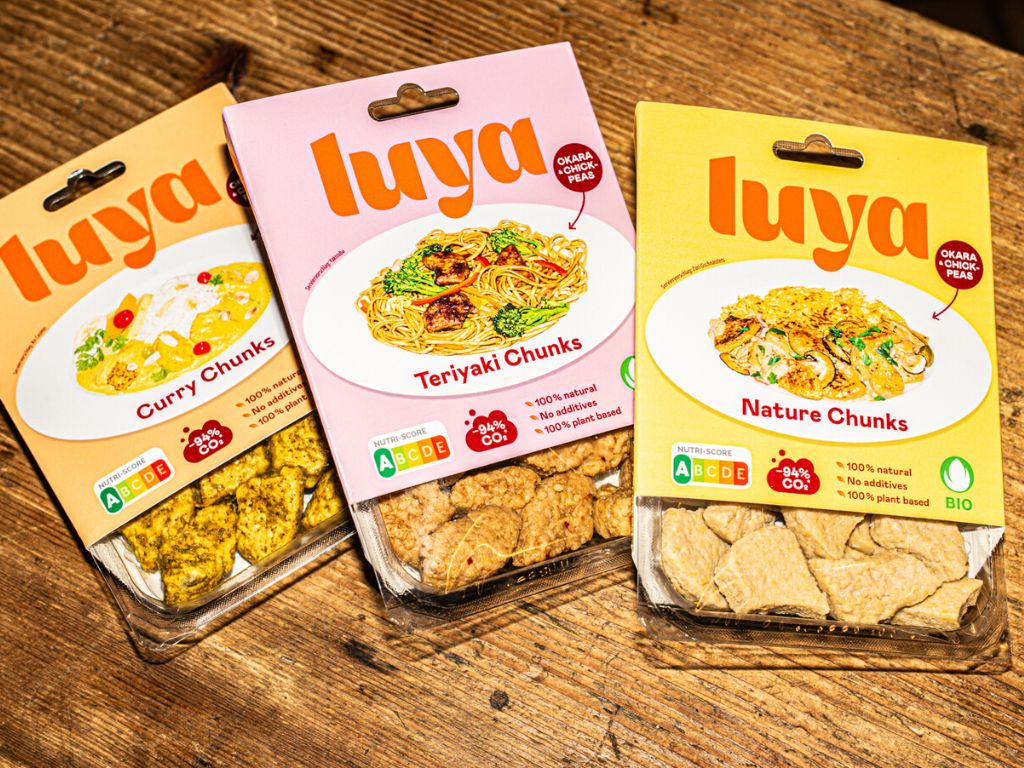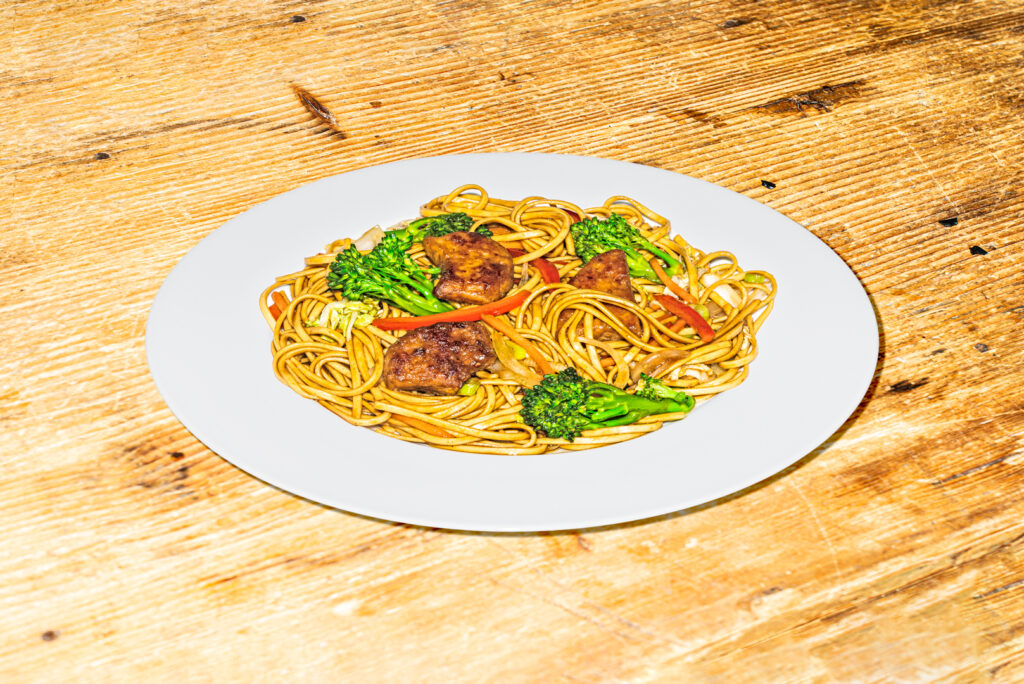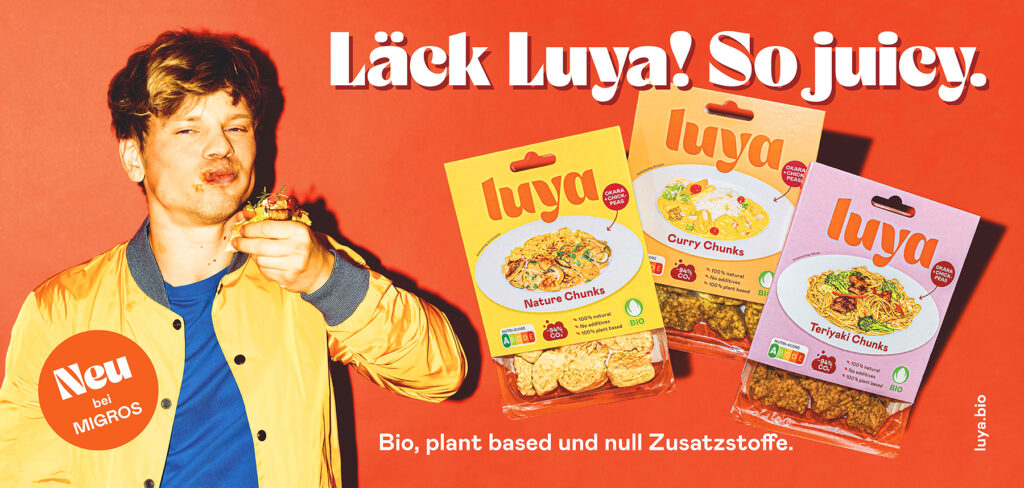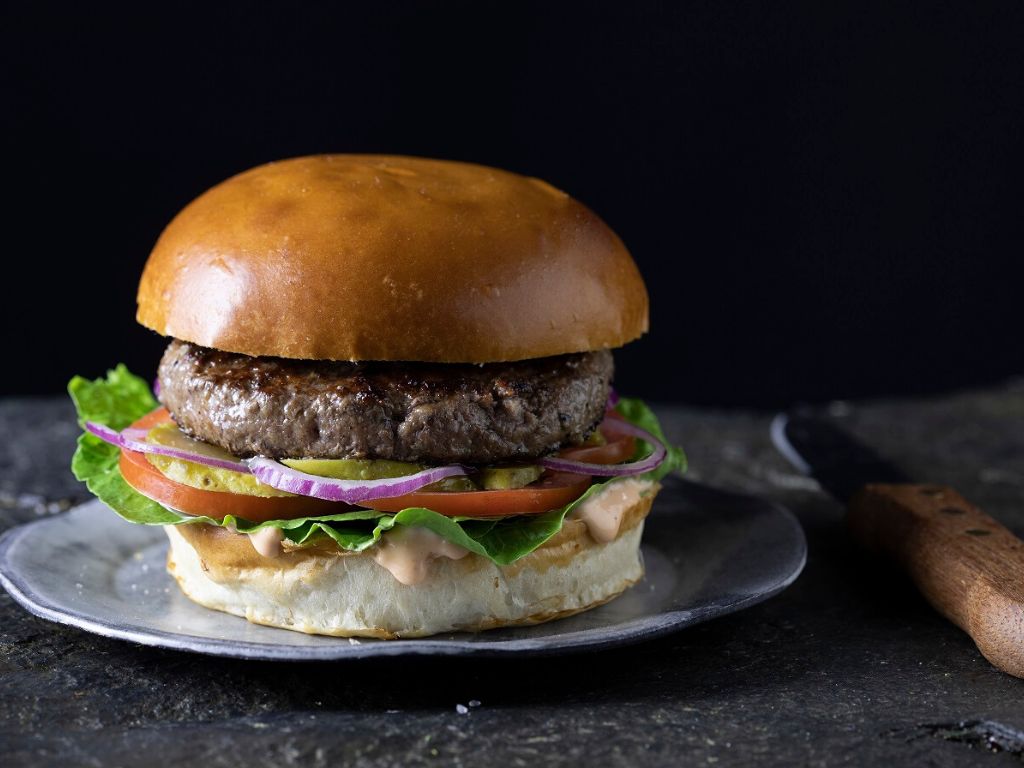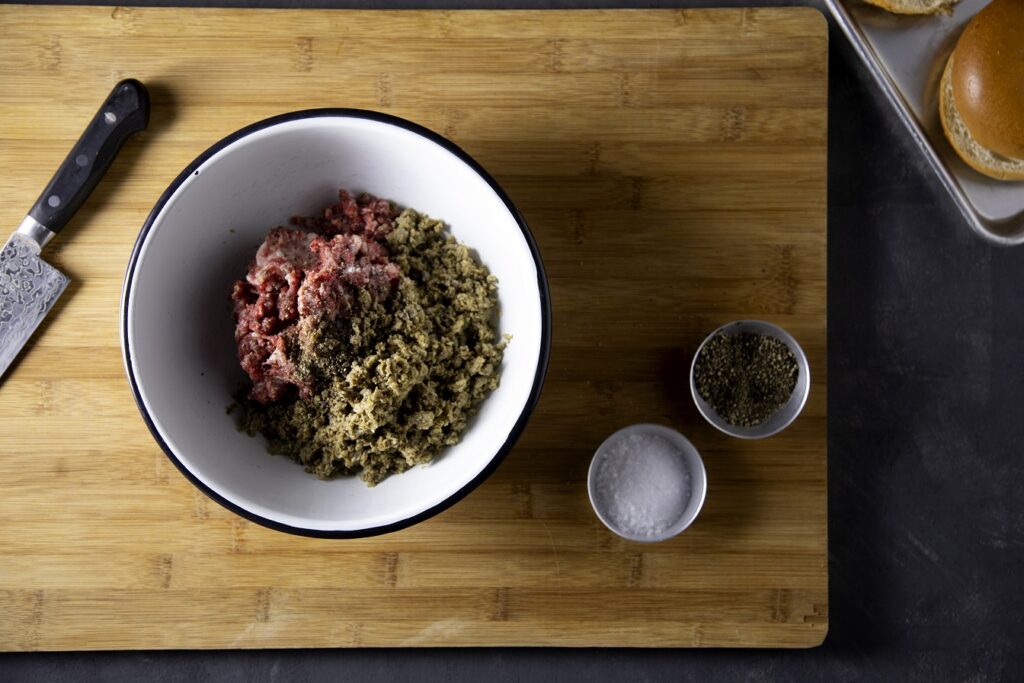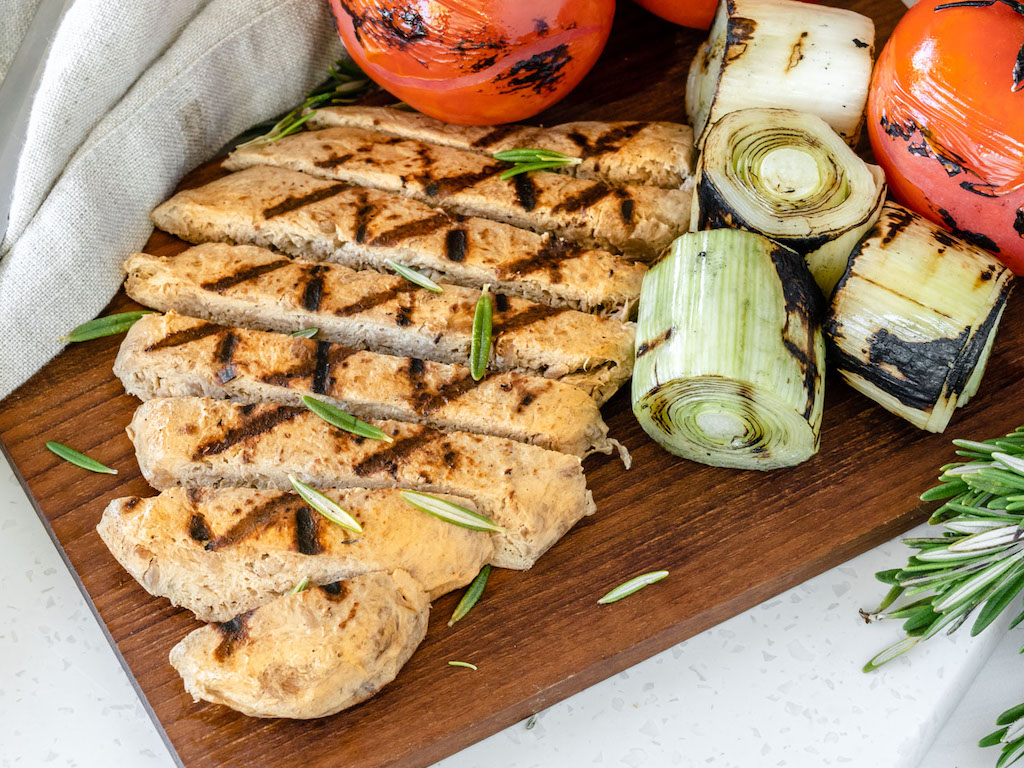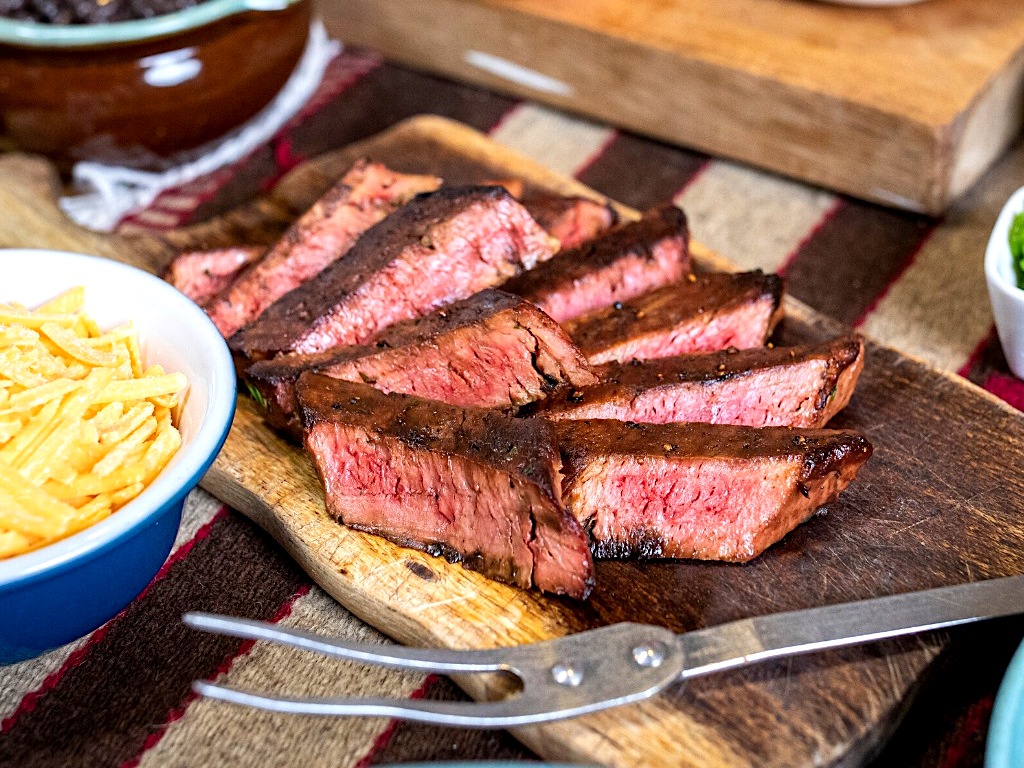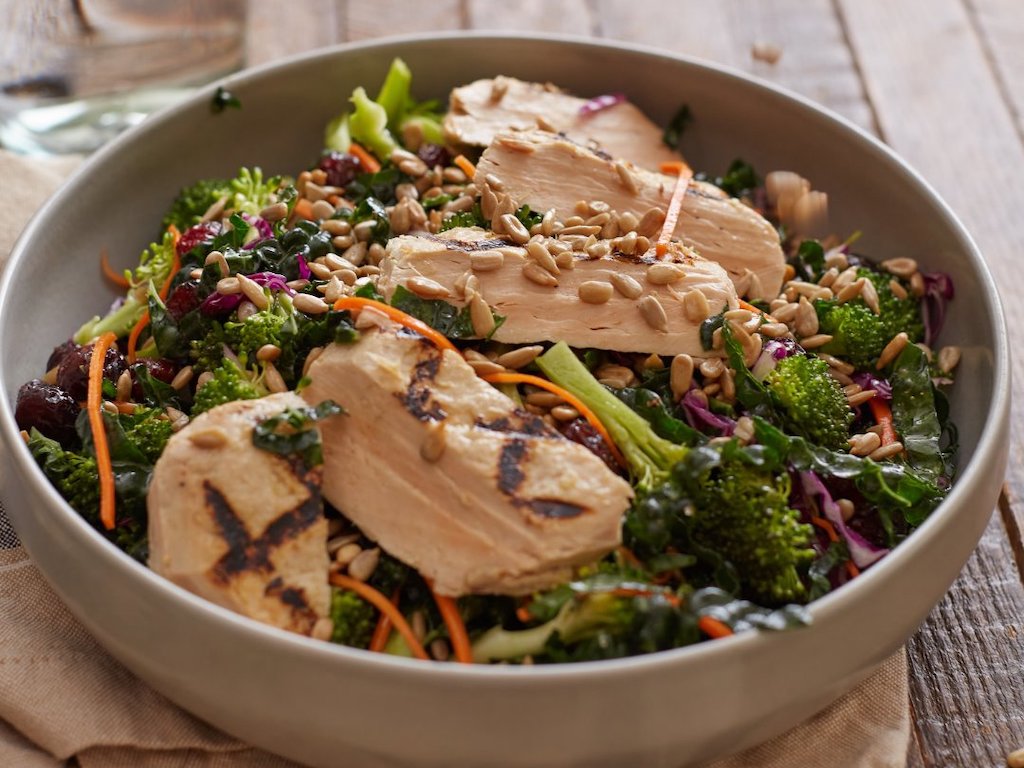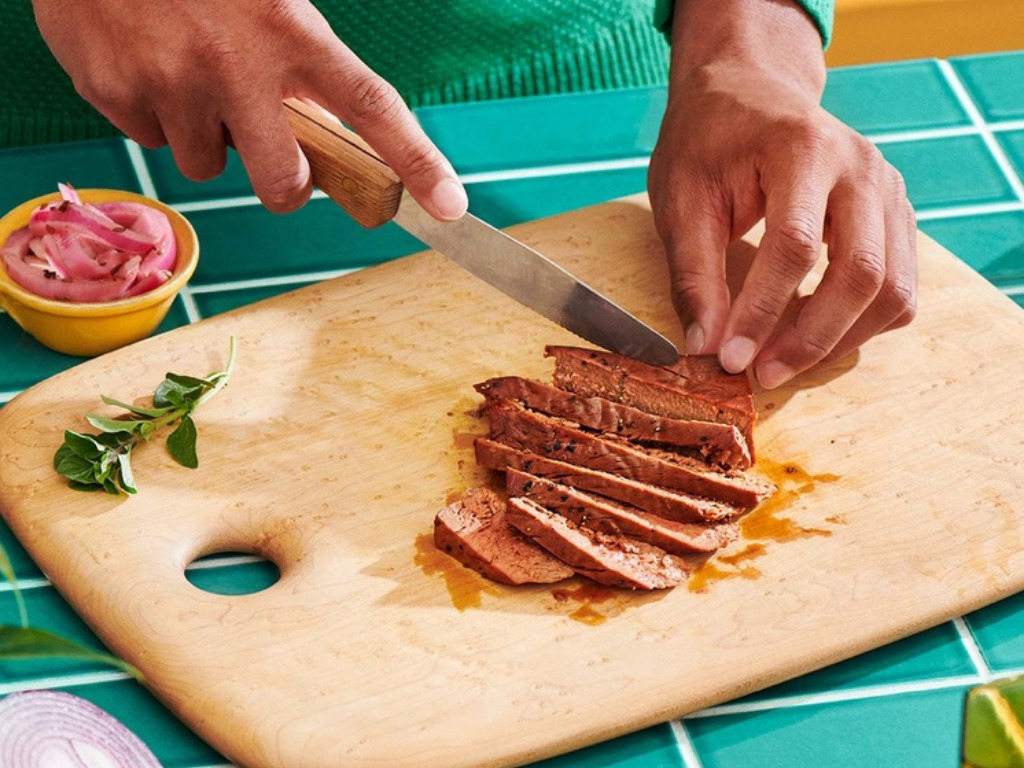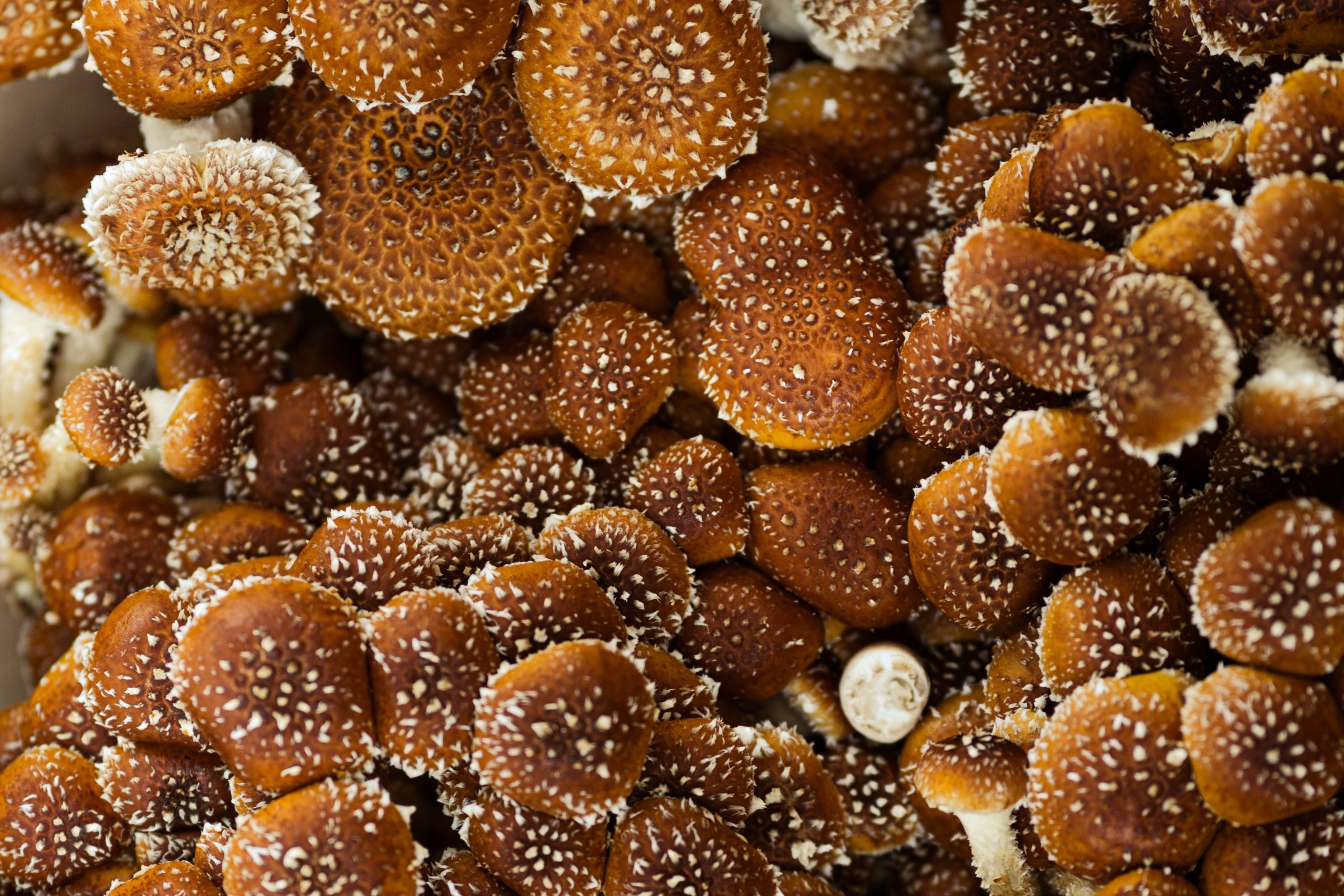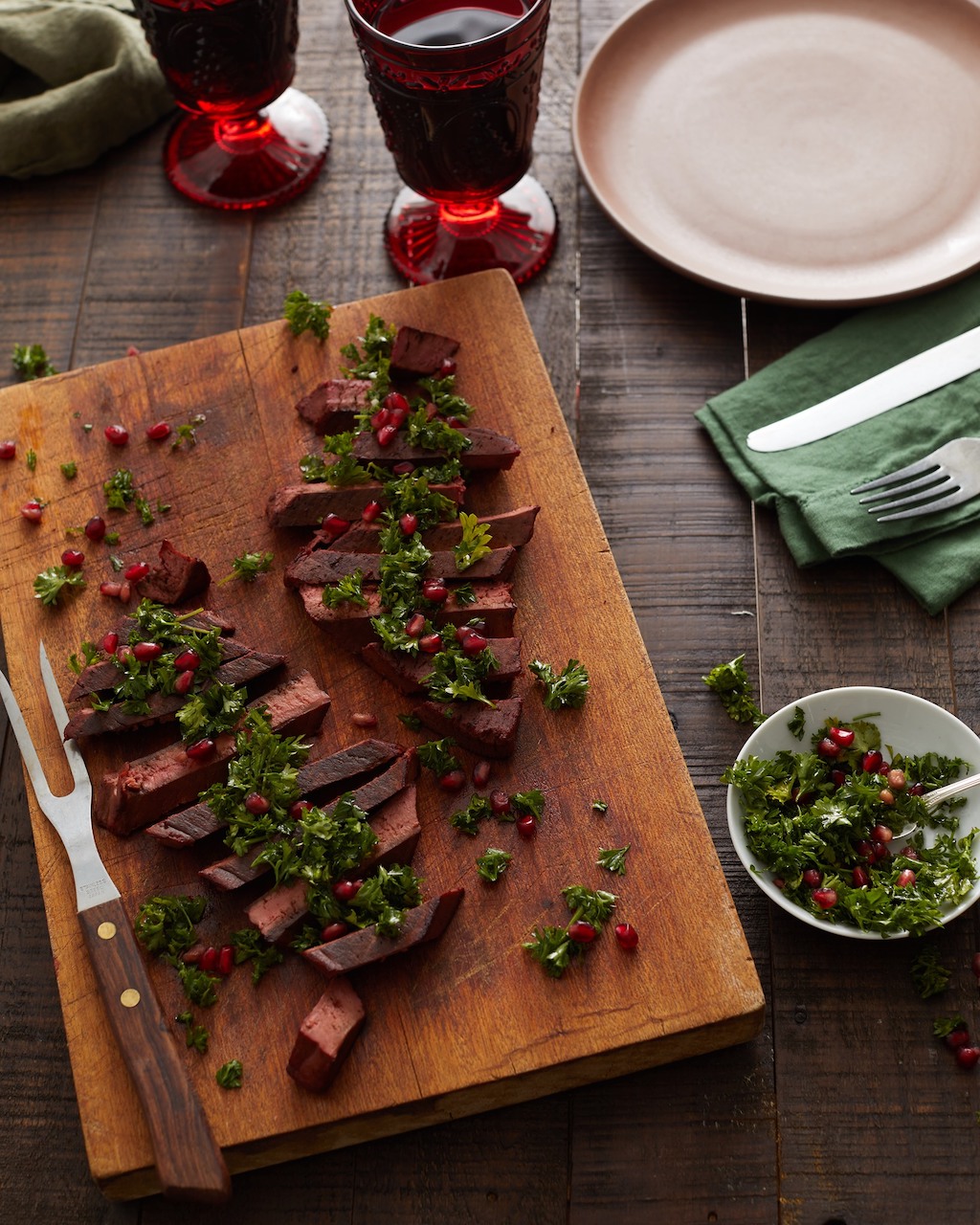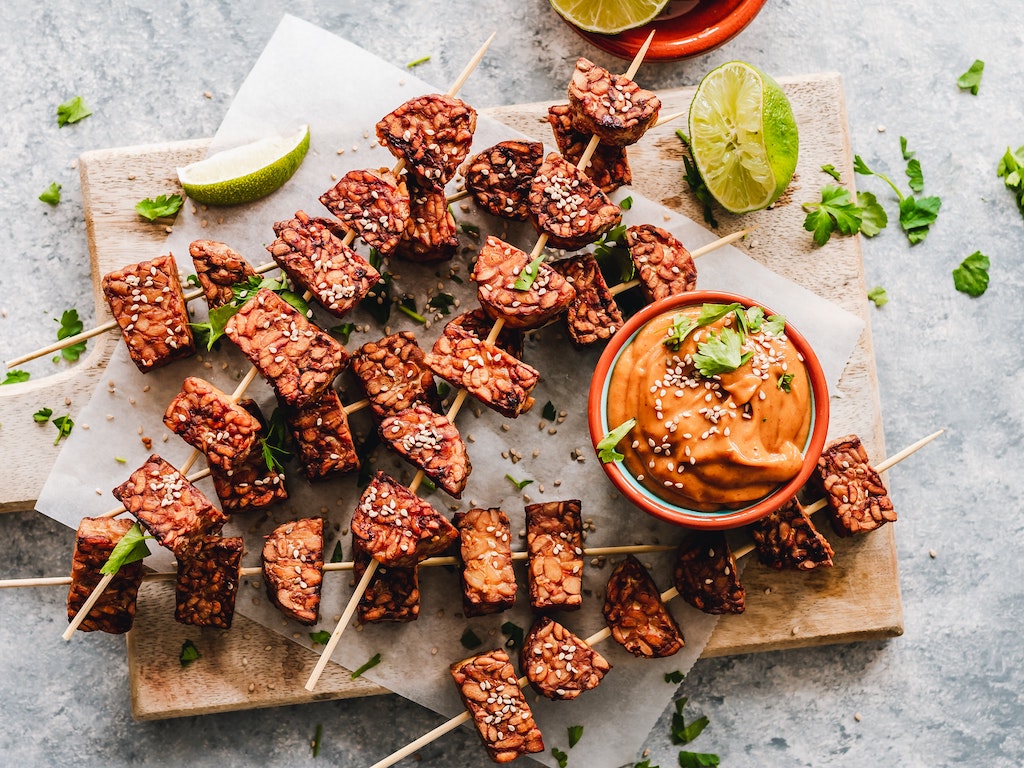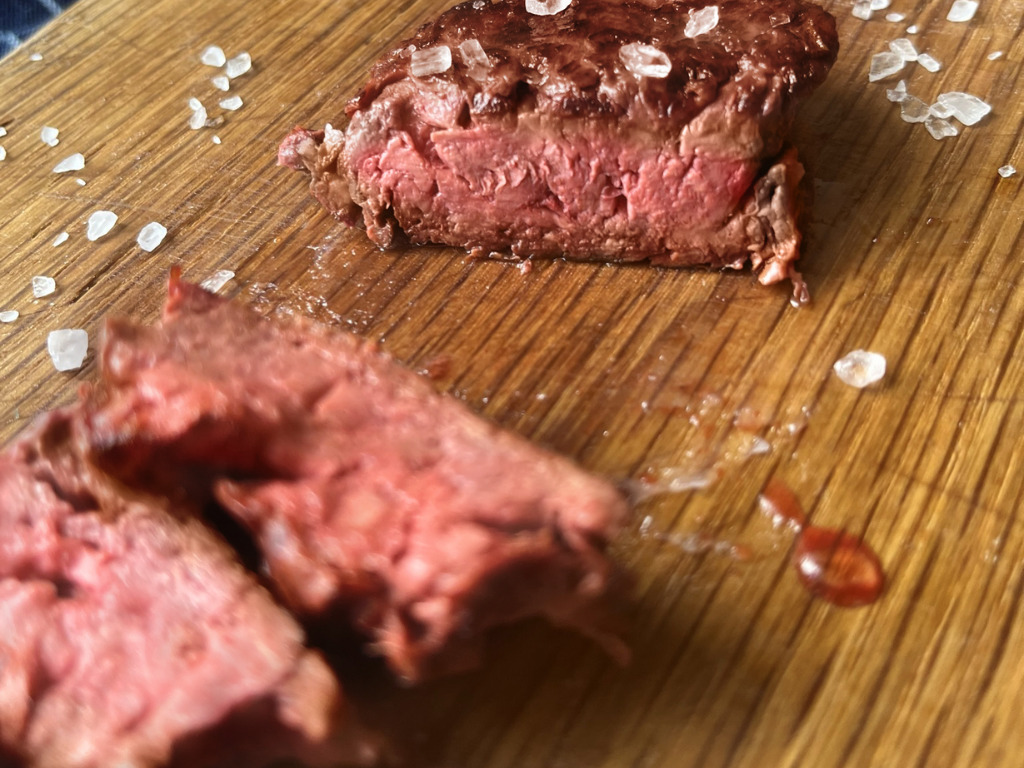
With the goal of revolutionizing the alt market, Adamo Foods has secured £1.5m in fresh funding, earmarked for introducing its mycelium-based steak to the mainstream consumer.
U.K.-based Adamo Foods says it is harnessing innovation to craft appetizing, healthful, and ecologically viable alternatives to meat whole cuts. The venture’s vision is to fill what it sees as a gap in the vegan meat market, namely the dearth of high-quality alternatives resembling whole pieces of meat, such as steaks, filets, and chops.
The company’s first successful funding initiative was a Pre-Seed investment led by SFC Capital, a prominent seed-stage investment firm in the U.K. and the third venture capital to back Adamo Foods.
Adamo also received two significant grants from Innovate U.K. under the ‘Better Food for All’ and ‘Novel Low Emission Food Production Systems’ competitions.
Whole-cut vegan meat
The struggle to emulate the texture of whole-cut meat using plant proteins has often left consumers underwhelmed, says Adamo. But demand is there; whole cuts represent 85 percent of the $1.2 trillion traditional meat market yet are almost non-existent in the realm of vegan substitutes.
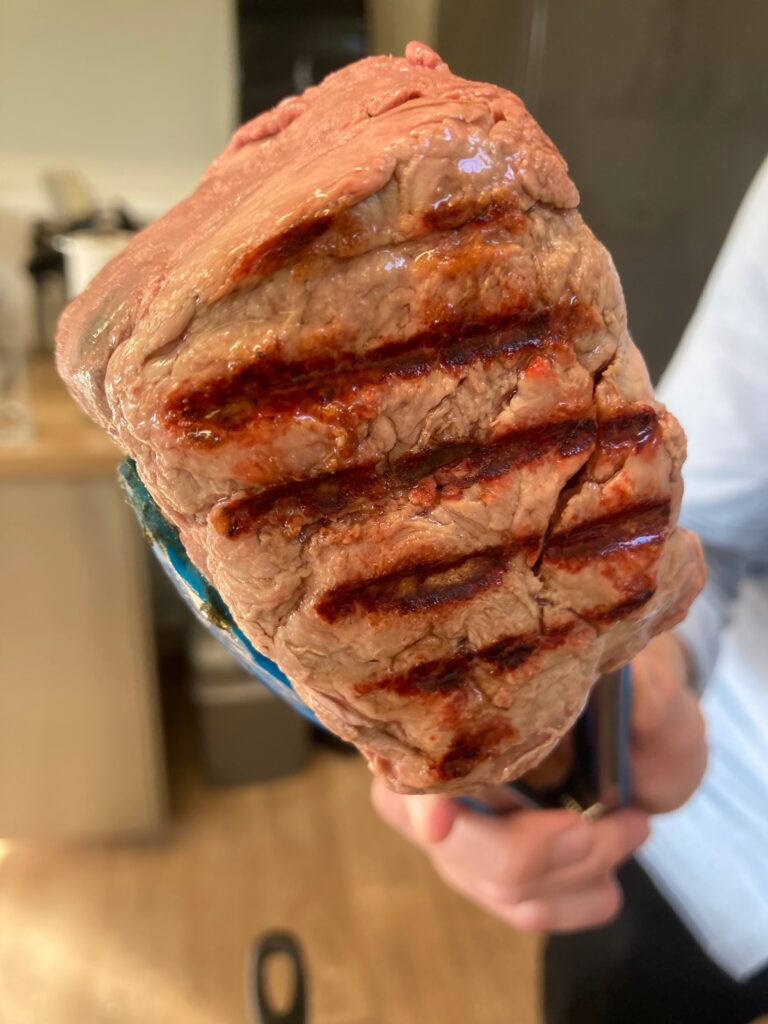
Adamo Foods has been able to reproduce the consistency of whole-cut meat using fungal mycelium — the root system of fungi. Mycelium boasts high protein and fiber content and even surpasses pea, soy, wheat, and beef in terms of protein quality.
Adamo says it has discovered a technique to grow mycelium into long, dense fibers that form the texture analogous to the “grain” of a steak or chicken fillet. Utilizing this process, Adamo seeks to attract both vegans and traditional meat consumers. The product will be available later this year.
Future plans
Adamo says its future plan includes collaborating with research partners to increase specific micronutrients naturally present in mycelium, thereby emulating the nutritional benefits of beef without the detrimental dietary and sustainability issues.
It joins a growing number of companies focused on mycelium technology to replace meat. Earlier this month, MyForest Foods secured $15 million in a Series A extension round for its vegan mycelium meat. Also this month, U.K.-based mycoprotein pioneer Quorn partnered with startup Prime Roots to co-develop mycoprotein-based meat.
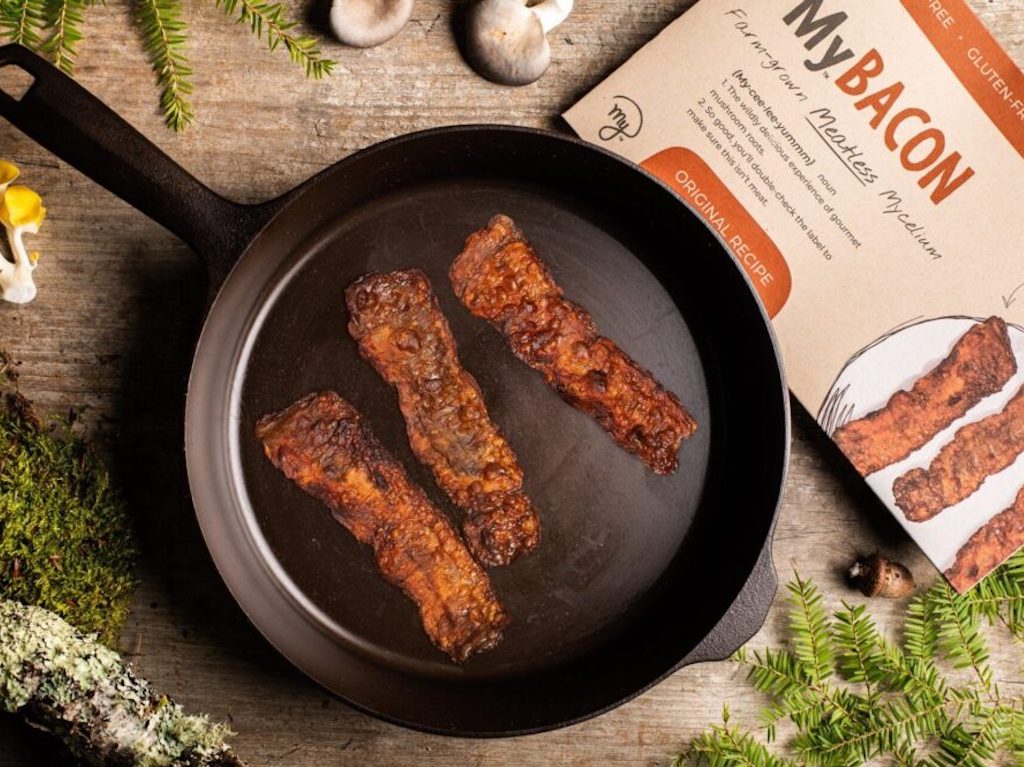
The company will also focus on refining its unique fermentation and formulation processes to transit from the laboratory to a pilot scale, gearing up for product launch.
Last week, the Helsinki First International Cellular Agriculture Conference witnessed a glimpse of Adamo Foods’ innovative technology as part of the EIT Food Accelerator Network. The start-up also earned a finalist spot in the 2023 Coller Startup Competition and is gearing up to present at the final round.
The post Adamo Foods Secures £1.5M in Fresh Funding for Its Mycelium Meat first appeared on Green Queen.
The post Adamo Foods Secures £1.5M in Fresh Funding for Its Mycelium Meat appeared first on Green Queen.
This post was originally published on Green Queen.
